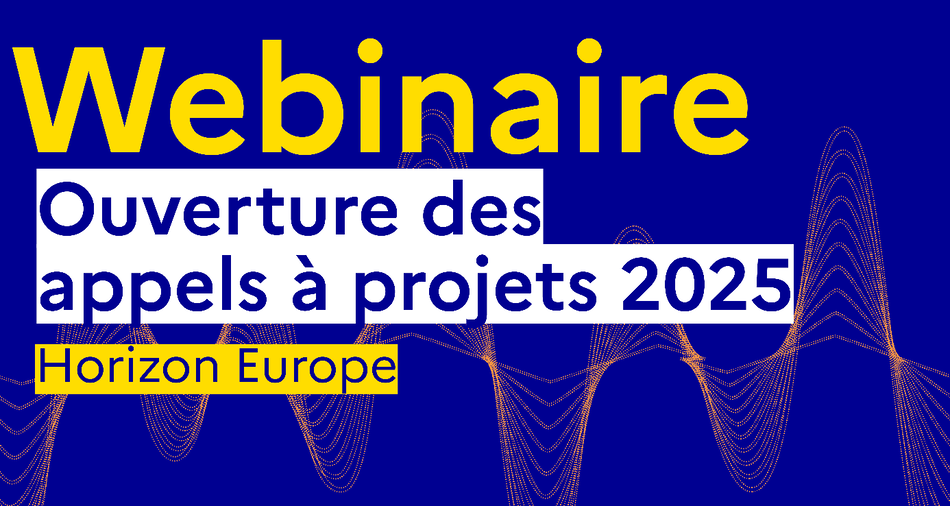Expected Outcome:
The demo project is expected to use the CO2 from one or more capture sites and build or use a transport infrastructure, incl. shipping if needed, to the selected storage site where the CO2 will be injected. Practical experience with a demo project of that kind will increase the knowledge of the full CCS value chain including risk mitigation (financial, technical, and regulatory) taking into account the experience and results from previous research projects. Beside others this might include
for CO2 transport:
- impact of CO2 origin, composition and impurities
- safety assessments and engineering design tools
- transport of CO2 interoperability, including ships
- reuse of pipelines, wells and platforms
- hubs and clusters and concepts
- environmental impacts and risks
- CO2 flow assurance
for CO2 storage:
- preparation of storage sites (depleted oil and gas reservoirs, saline aquifers, basalt rocks)
- develop experience with site conformance monitoring and assessment
- storage optimisation through development of a range of injection strategies
- improve understanding of induced seismicity
- prediction of plume under geophysical and geological uncertainty
- flexibility of CO2 injection ramp up
- environmental impacts and risks, including in the long term
The demo project is expected to be the basis and orientation for future full-size projects.
Scope:
The development of regional CCUS clusters and their connection to European CO2 transport and storage infrastructures that enables cross-border cooperation across regions is crucial for reaching net-zero GHG emissions by 2050. The CCUS technology is not sufficiently operational in Europe yet. To overcome the remaining challenges, further R&I of CO2 transport and storage demo projects is needed.
Proposals will aim at the development of new demonstration projects connecting CO2 sources with potential storage sites. Proposals are expected to include a sound assessment of their environmental challenges and risks and feasibility studies focusing on the possible synergies between related projects.
CCUS is an integrated chain of technologies, comprising capture, transportation and/or use and geological storage of CO2. The next step in the application of CCUS is the development and deployment of CO2 transport and storage demo projects which show the practical feasibility of the required technologies. This is important to achieve greater efficiency in the transportation of CO2, notably collecting the emissions from hubs and clusters of industrial facilities and transporting the collective CO2 in shared open-access transportation infrastructure to a storage location. Under this approach, costs, risks and necessary support mechanisms can be better evaluated across the CCS value chain, as industrial installations, gas infrastructure companies and storage providers and operators will have clearly defined roles and responsibilities for delivering their tasks and will be compensated for collecting, transport and storage services. The benefits of the shared approach to the transport and storage infrastructure are expected to be evaluated with regard to economies of scale and possibly driving down unit costs for the CCUS value chain. The proposal should address possible barriers for deployment of technical or regulatory nature.
The key options for CO2 transportation are pipeline transport using new or repurposed infrastructure incl. shipping or other transport modes. The expected demo projects should
- assess the repurposing of existing pipeline networks and/or the creation of new CO2 transport infrastructure,
- identify and evaluate the benefits and costs (including economic, environmental, social),
- identify barriers to developing such an infrastructure and what action would be required to overcome these.
A successful CO2 transport and storage demo project might require a European transport and storage network with cross-border connections as not all countries have sufficient storage capacity for their CO2 emissions.
The selection of the storage site for the project is expected to be based on a detailed assessment. This should include a geological characterisation, including faults and facture systems; analysis of initial stress field and geo-mechanical behaviour of the storage formations and seals under varying stress and pore-pressure conditions; estimation of storage capacity; accurate modelling of injectivity; overall storage risk assessment, including induced seismicity and blow-out or blockage during injection, and including proposed mitigation action. The assessment should include site-specific solutions for CO2 injection strategies, pressure management, mitigation of induced seismicity, and MMV (measurement, monitoring and verification).
For CO2 transport and geological storage, in particular onshore, public acceptability is paramount. Therefore, projects are expected to identify and engage relevant end users and societal stakeholders (such as civil society organisations, non-governmental organisations, and local associations) in deliberative activities, so as to analyse their concerns and needs using appropriate techniques and methods from the social sciences and humanities. This should include attention to, significant differences in potential regional consequences where the CO2 stored comes from power versus industry. Projects, therefore, could consider the inclusion of relevant SSH expertise in order to enhance the societal impact of the related research activities.
Plan for the exploitation and dissemination of results for proposals submitted under this topic should include a strong business case and sound exploitation strategy, as outlined in the introduction to this Destination. The exploitation plans should include preliminary plans for scalability, commercialisation, and deployment (feasibility study, business plan, financial model) indicating the possible funding sources to be potentially used (in particular the Innovation Fund).
Projects are strongly encouraged to join the EU CCUS knowledge sharing project network.





